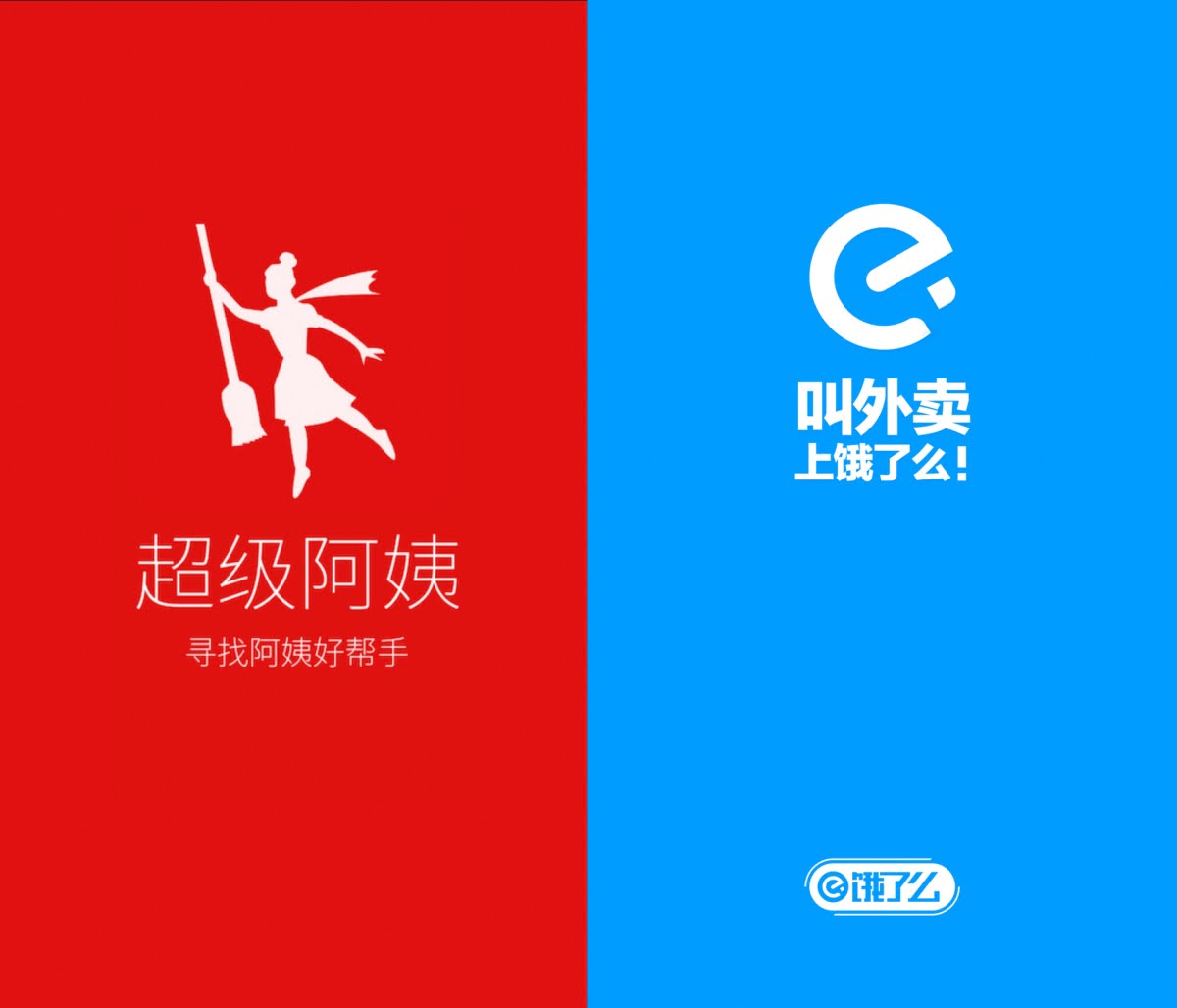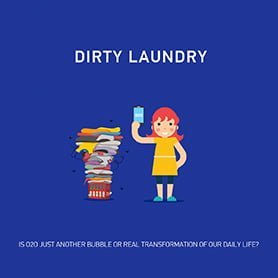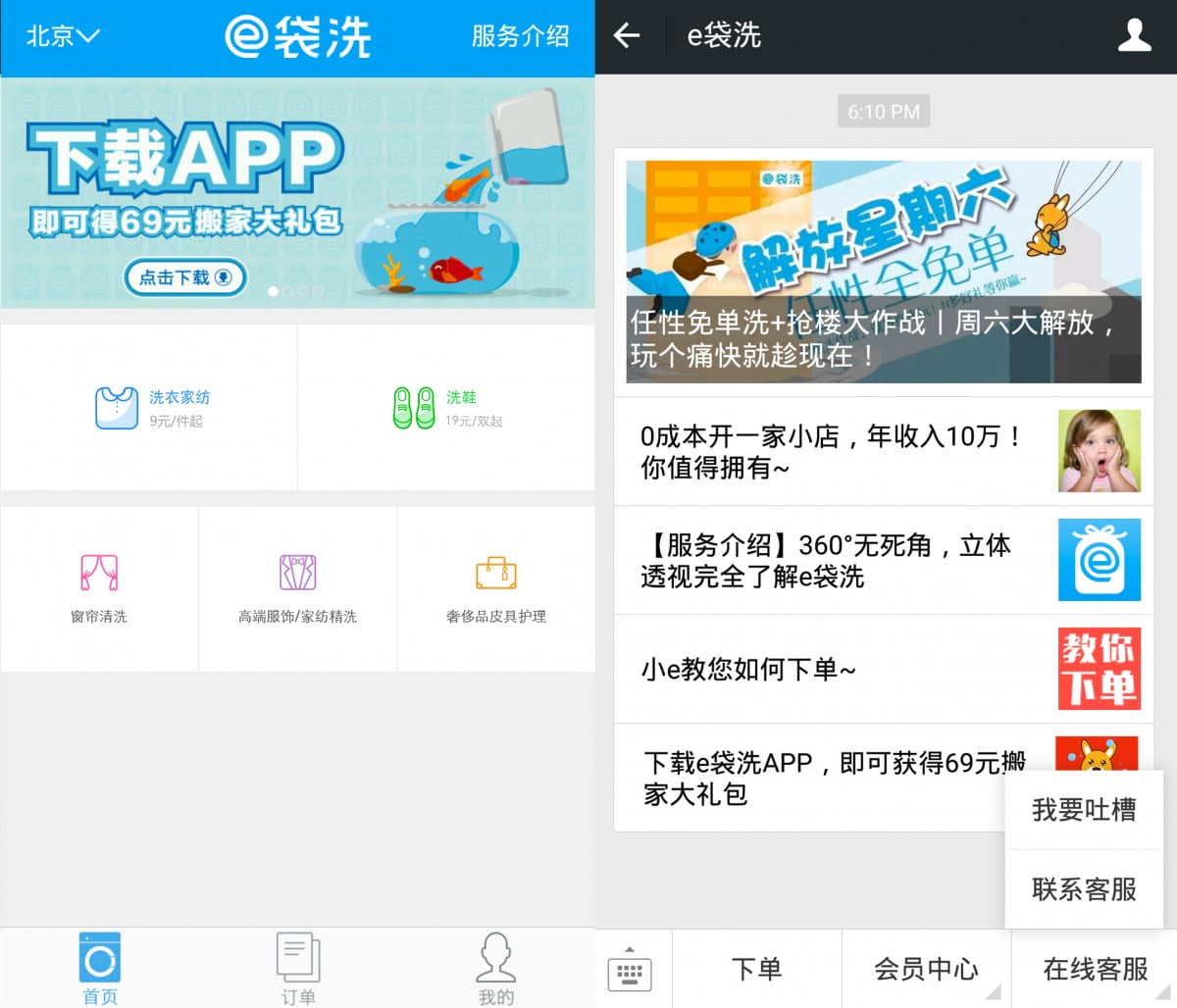
Online-to-offline startups are sprouting all over China with incredible speed, offering convenient solutions to day-to-day chores and free-time activities. There are O2O startups for food delivery, auto repair, massage, ayi hire, teaching yoga, getting a cab or driving your car home if you finished your business meeting with a baijiu session. Today, there is virtually an O2O solution for everything. If you can think of something that hasn’t been covered yet by a startup, you are either not well-informed enough or chances are that there is someone out there pitching the very same idea to an investor.
China’s big internet companies are also heavily involved on the O2O scene. The search engine giant Baidu puts extraordinary efforts into positioning itself in the middle of the online-to-offline boom. They have recently invested in Edaixi, China’s leading on-demand laundry startup. Edaixi has raised USD100 million in series B funding just a year after they received RMB20 million investment from Tencent. Uber-modeled Edaixi’s service is available in 16 cities through their mobile app and their WeChat account, where users can select location and time for picking up their laundry. Apart from washing dirty clothes, the company also offers on-demand cleaning for shoes, air conditioning, luxury products and furniture covers. Right now they claim to have 5 million users and around 100,000 orders a day. The Edaixi example shows that the O2O model can be a solution for traditional industries to tackle the challenges of the digital age.







